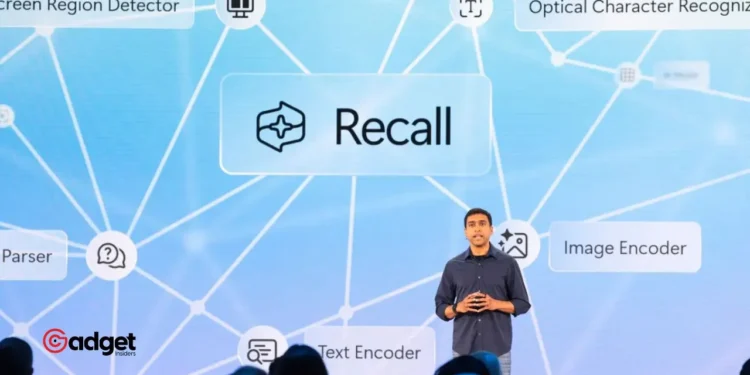In the ever-evolving world of technology, Microsoft has once again captured headlines with its latest innovation, the Recall feature, set to debut in Windows 11 next month. Amidst the backdrop of a special press event showcasing a new lineup of Surface hardware, powered by Qualcomm’s Snapdragon X Series SoCs, the buzz around Recall has certainly taken center stage.
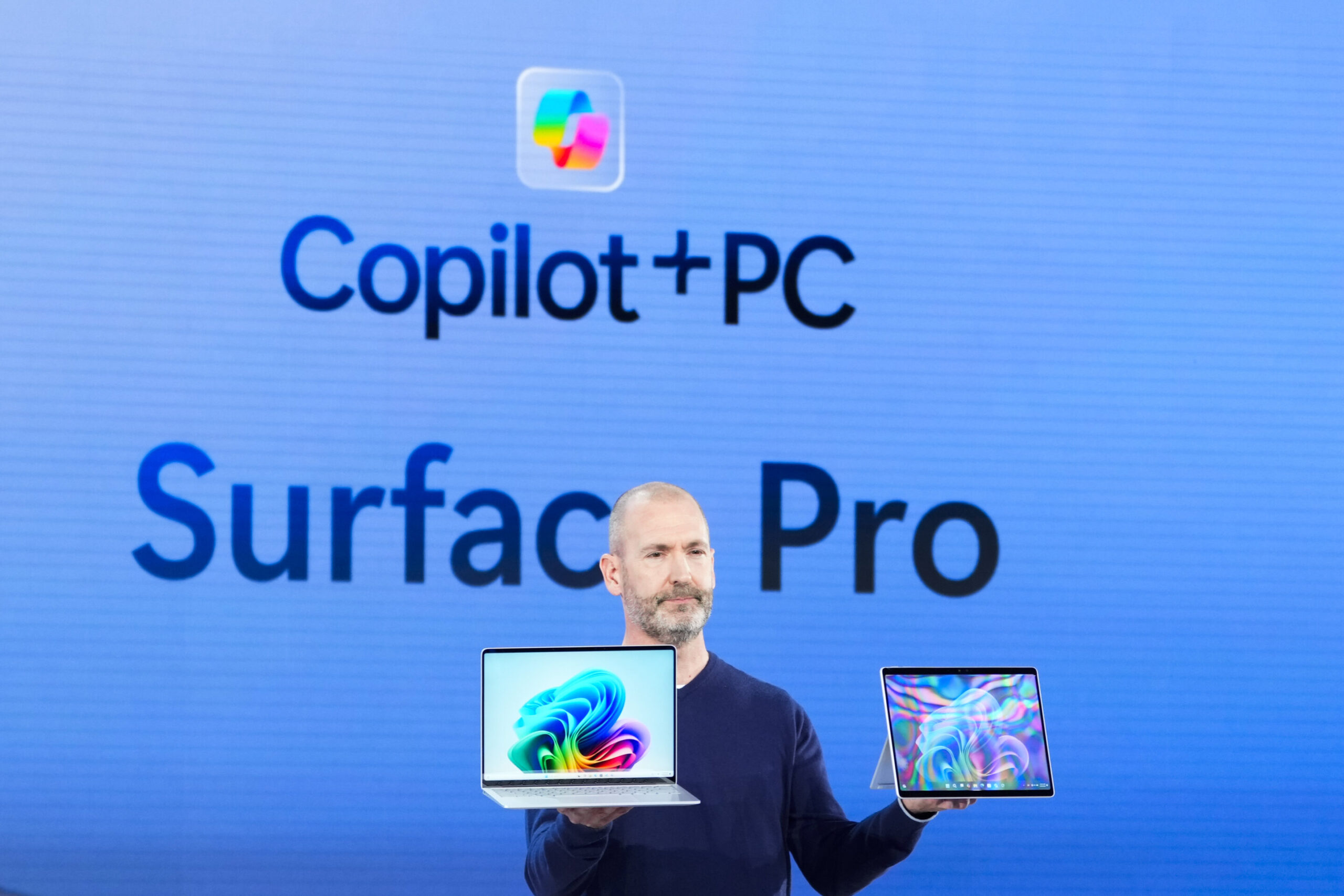
The Promise of Recall: A Leap into AI-Enhanced Productivity
Recall represents a significant leap in AI integration into daily computing.
It’s a tool that runs in the background and can capture snapshots of everything you see and do on your computer, enabling the ability to search for anything you’ve ever done on your PC with natural language.
This tool isn’t just about searching through documents; it’s about recreating moments and enhancing the user’s interaction with their digital history.
This innovative feature includes a timeline placed at the top of your screen, allowing users to navigate their past activities across apps, webpages, and pictures with unprecedented ease. Think of it as an advanced version of the scrollbar feature in Microsoft Photos, but with a much broader scope.
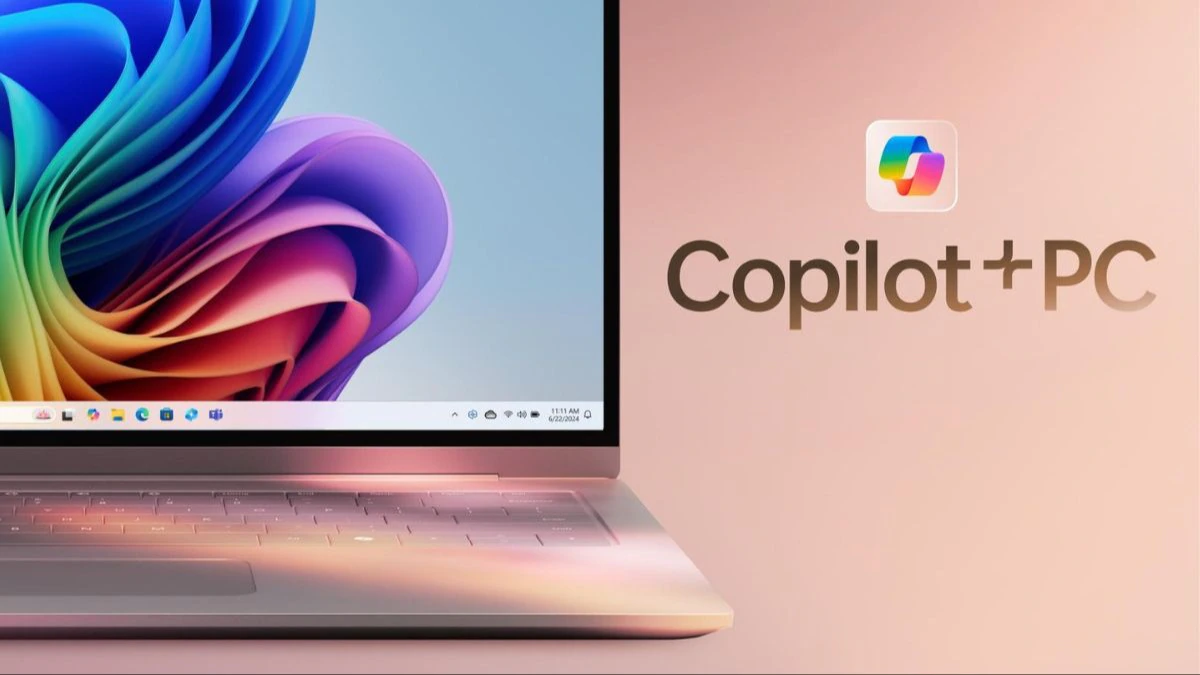
Microsoft’s Recall: Privacy Assurances vs. User Concerns
Despite its impressive capabilities, the introduction of Recall has stirred a mix of excitement and concern. Microsoft assures that Recall is designed with privacy in mind. The feature operates on an on-device neural processing unit (NPU), ensuring all data processing remains local to the user’s computer.
This setup allows users to have ultimate control over their data, with options to restrict screenshot captures from specific apps, manage storage duration, and even disable the feature entirely if desired.
Yet, the privacy assurances have not completely alleviated user concerns. The feature’s ability to capture extensive snapshots of user activity has led some, including tech mogul Elon Musk, to compare it to a “Black Mirror episode.” Musk’s skepticism was shared widely on social media, with significant discussions about the implications of such a powerful tool in terms of privacy and security.
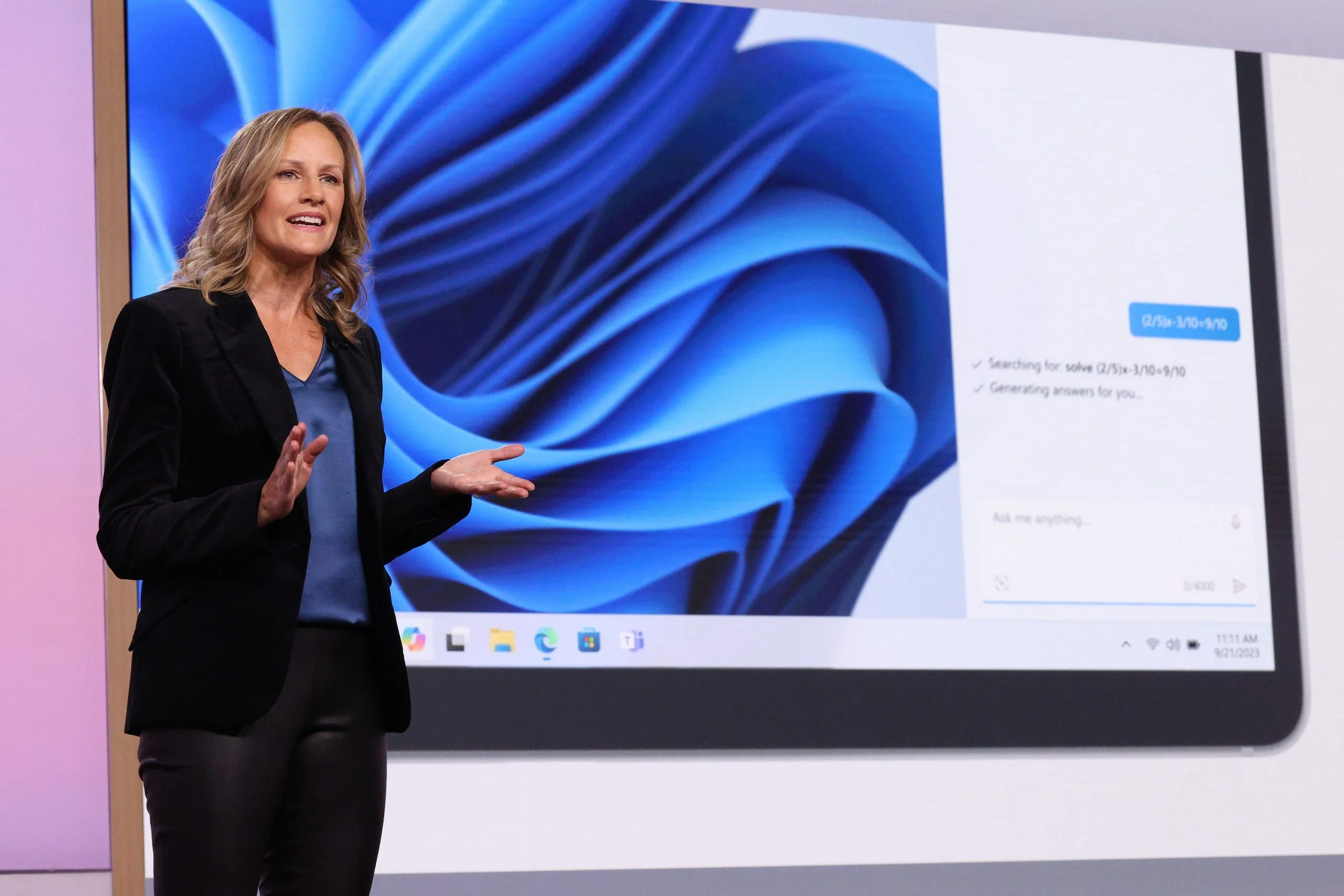
Industry Reactions and User Concerns
The reaction to Recall has been polarized. While some users see it as a groundbreaking tool that will revolutionize how we interact with our PCs, others are wary of the potential privacy implications. This divide was clearly reflected in a comment from a Reddit user, who expressed dismay over the direction Microsoft is taking:
This is ridiculous. What in the world are Microsoft executives thinking with this extreme spyware?… This is a hacker’s, law enforcement’s, oppressive government’s wet dream.
Microsoft CEO Satya Nadella, in an interview with The Wall Street Journal’s Joanna Stern, emphasized the transformative potential of Recall:
One of the dreams we’ve always had is how do we introduce memory, right? Photographic memory into what you do on your PC? And now we have it. So it’s called Recall. It’s not a keyword search, right, it’s a semantic search over all your history.
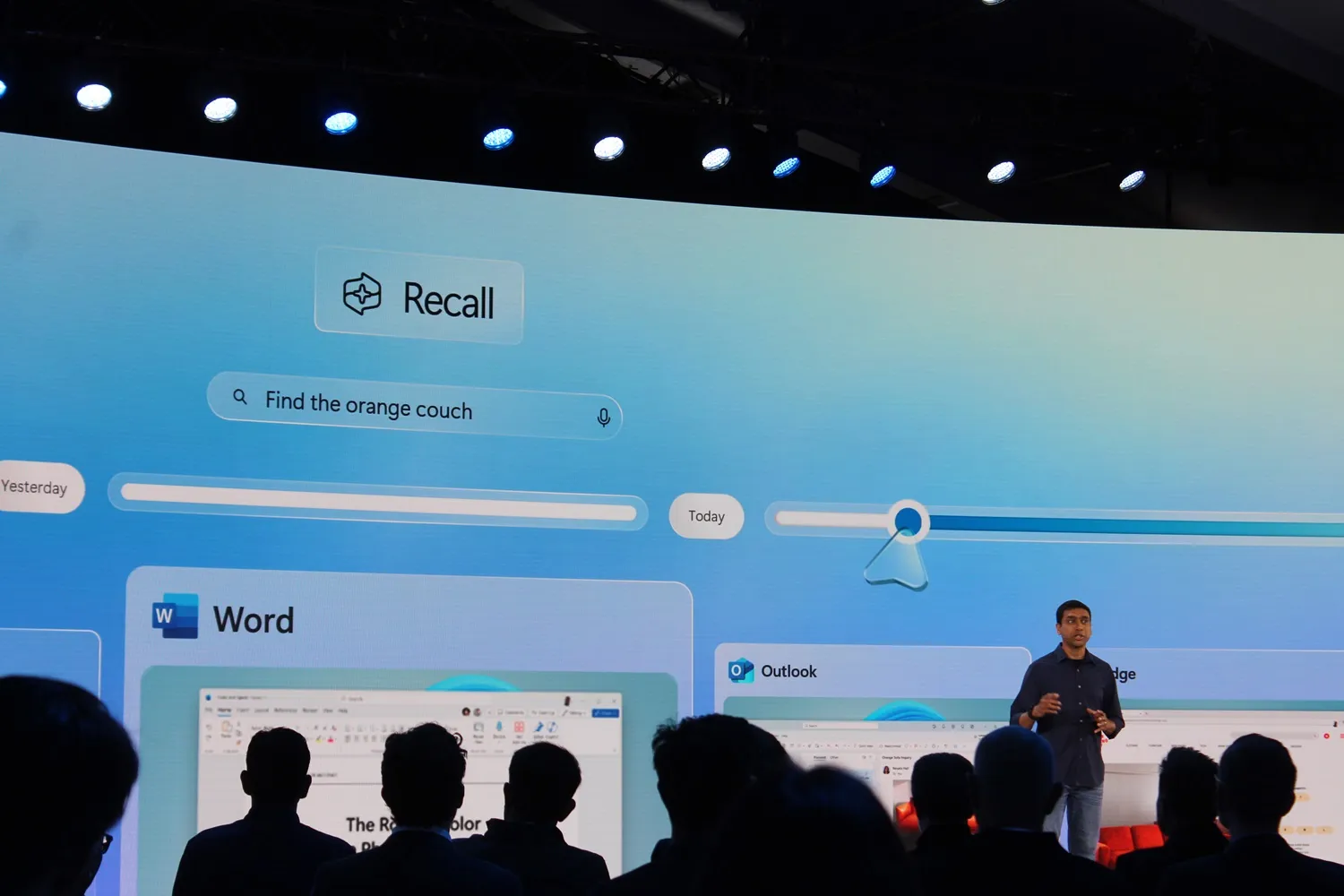
Looking Ahead: The Future of Recall and User Privacy
As the release date approaches, the debate around Recall is likely to intensify. The feature’s potential to enhance productivity and recreate digital experiences is undeniable. However, the concerns surrounding user privacy and data security are equally valid and demand careful consideration.
Microsoft’s commitment to privacy-focused innovation is clear, but whether Recall will be received as a technological marvel or a privacy concern remains to be seen. As we move closer to its launch, the tech community and users alike will no doubt keep a keen eye on how this new feature impacts the landscape of personal computing.

